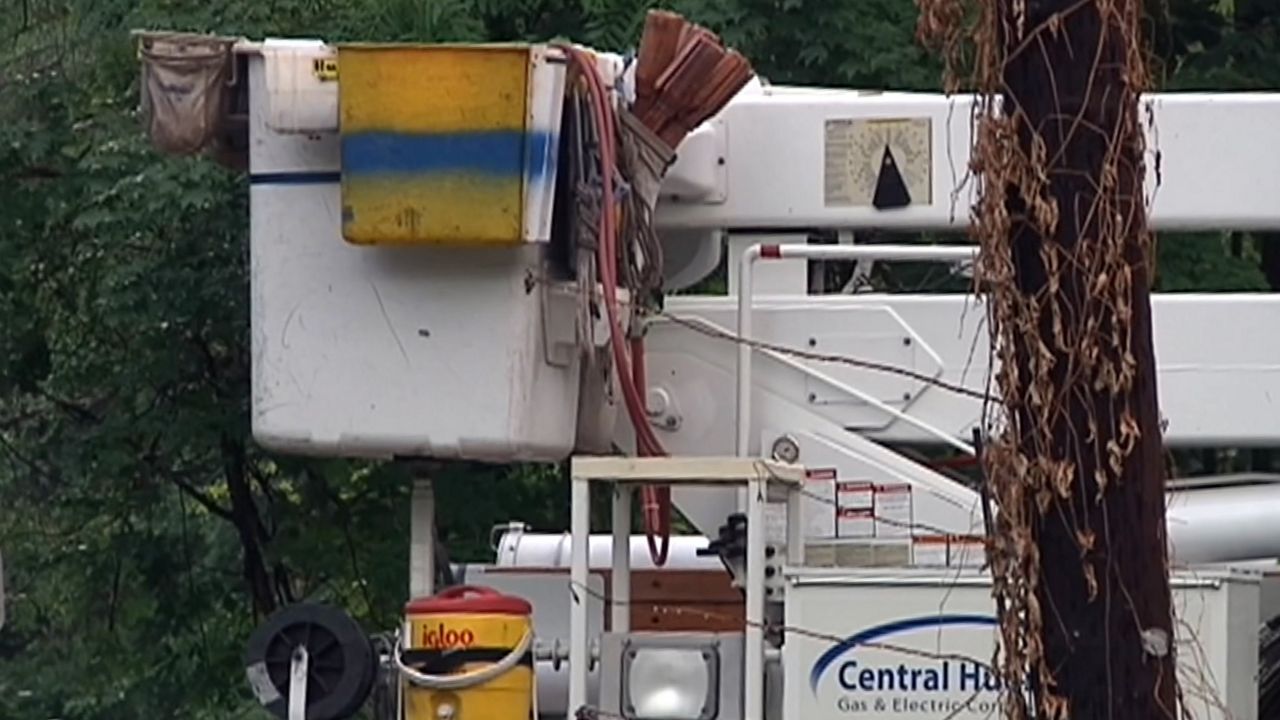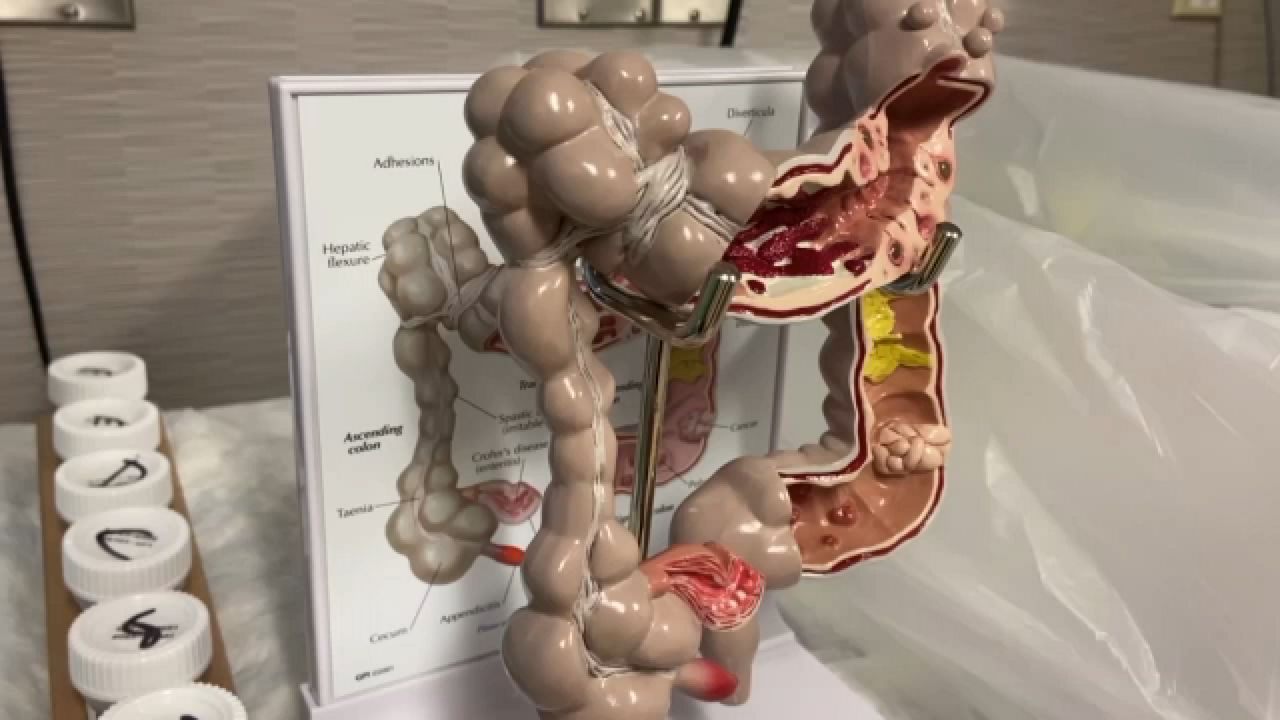On a hot morning, Sam Rose is starting his day by weeding a section of the Migliorelli Farm in Red Hook. It’s a lot of work, but can really be beneficial in the long run for the bell peppers.
“It just takes patience and commitment,” said Rose, wearing a hat to try and stay cool.
It’s where this organic produce will be heading that is motivating Rose and others to make sure these crops are getting everything it needs. Earlier this year, he and the farm’s owners, Frank Migliorelli and Liza Parker, decided to dedicate five acres of this 200-acre field to helping those in need.
“Knowing that we had this amazing property with these prime soils in the center of town, accessible on many levels to so many people, and wanting to share it,” Rose, co-founder of Four Corners Community Farm, said.
Food insecurity has only gotten worse across the country during the pandemic. That’s evident by the lines at mass food distributions and food pantries.
Hoping to alleviate some of those challenges locally, the Four Corners Community Farm was born. All of the produce harvested here will be heading to Red Hook Responds.
“You want to take all that into and just have greater success and the more success you have, the more gratifying it is and the more likely you’ll give it the attention it needs,” Rose said.
A few hours later, a box of recently harvested squash arrives at the Red Hook Responds refrigerator. Dan Budd formed this nonprofit at the start of the pandemic to assistance residents with everything from groceries to errands and prescription pick-ups to prepared meal deliveries.
“We keep all the food that we harvest with a local food exchange system in this cooler, and we dispatch that to nine regional food pantries,” said Budd, executive director of Red Hook Responds.
He says what this partnership does is it shows people how using their own soil can grow food for their own community. Budd says it’s getting people of all ages involved, which helped get its veggie table program off the ground.
“By having a partnership with Four Corners Community Farm, we were able to build all those veggie tables at the farm and dispatch them with plants all around our community,” Budd said.
Back at the farm, Rose says they are continuing to hold workshops and helping more people learn to grow their own food.
There are also 40 plots for available for residents to use for a suggested $40 donation a season. But that can be waived because he says the goal is to make sure people have food.
“We know for a fact that it’s staying in the community and that’s really important to us too,” Rose said.










